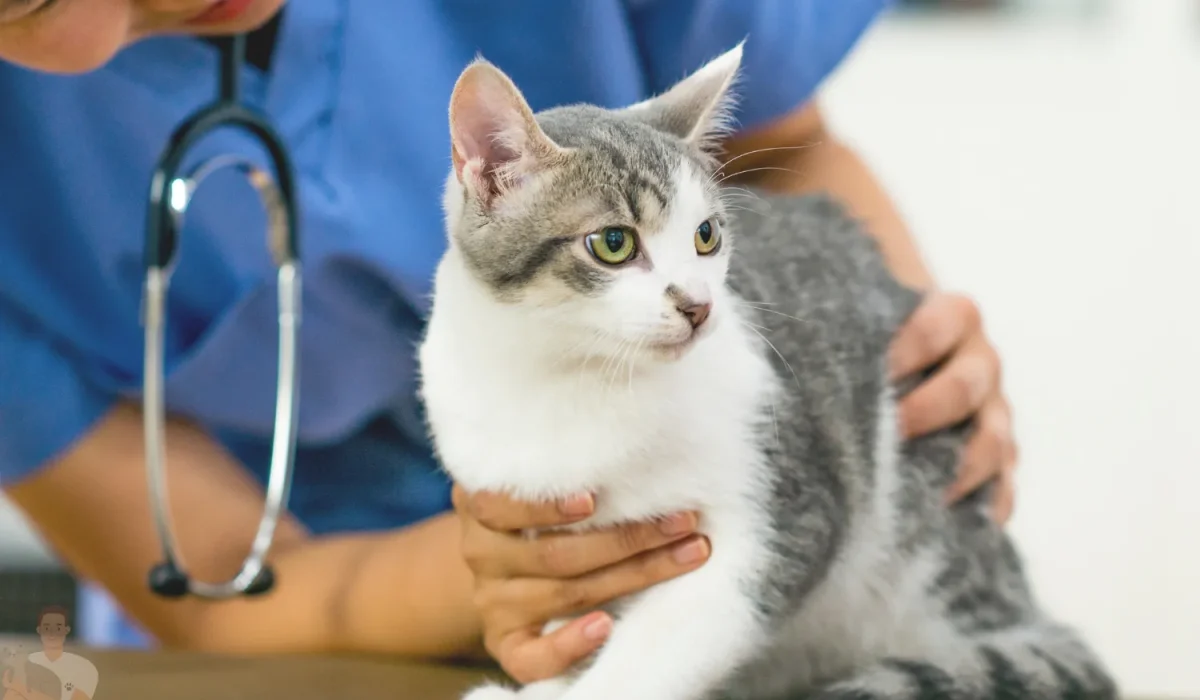Cats are independent animals, making it hard to know when they need medical attention. As a cat owner, recognizing signs of illness is essential for keeping your pet healthy. This guide explains when to take your cat to the vet, common health problems, and answers to frequent concerns.
The Basics of Knowing When to Seek Veterinary Care
The First Rule: “Know Your Cat”
Every cat has unique habits and energy levels. Attention to your cat’s usual behavior will help you notice something wrong. If your cat starts acting differently—eating less, hiding more, or avoiding interaction—it may be time for a vet visit.
The Second Rule: “When in Doubt, Call the Vet”
If you see changes in your cat’s behavior, appetite, or appearance that concern you, calling a vet is the best choice. Early care can prevent minor problems from becoming severe.
The Third Rule: “Know When to Search the Web”
Looking up symptoms online can provide helpful information but should never replace professional advice. If your cat has ongoing symptoms or seems unwell, it’s always better to speak with a veterinarian.
Signs That Your Cat Needs Veterinary Attention
How Do I Know Whether to Take My Cat to the Vet?
Your cat may need medical attention if you notice:
- Not eating for more than 24 hours.
- Sudden weight loss or gain.
- Repeated vomiting or diarrhea.
- Trouble breathing, coughing, or wheezing.
- Frequent urination or difficulty using the litter box.
- Unusual aggression, hiding, or other behavior changes.
- Discharge from the eyes or nose.
- Excessive scratching, hair loss, or skin problems.
- Difficulty moving or showing signs of pain.
Do I Need to Take My Cat to the Vet for a Cold?
Cats can get colds, but mild cases usually clear up independently. Suppose your cat has ongoing sneezing, a runny nose, watery eyes, or trouble breathing. In that case, a vet visit is necessary to rule out infections.
How Do I Know If My Cat Isn’t Just Getting Older or If Something is Wrong?
Aging cats slow down, but drastic changes aren’t normal. A vet check-up is essential if your older cat suddenly eats less, drinks more, avoids grooming, or seems weak.
My Cat Hasn’t Eaten in a Day or So – Should I Bring Them to the Vet?
A cat refusing food for more than 24 hours could have a serious problem. Unlike dogs, cats can develop liver issues if they don’t eat regularly. Contact a vet as soon as possible.
Common Veterinary Concerns
Do Veterinarians Take Care of Stray Cats?
Some vets provide care for stray or feral cats. Many clinics and rescue groups offer low-cost check-ups, vaccinations, and spay/neuter programs. If you find a stray that needs help, call a local shelter or vet clinic.
Do I Need to Take My Cat to the Veterinarian for Dental Care?
Yes, dental health is important for cats. Gum disease, tooth decay, and infections can cause pain and affect overall health. Regular dental check-ups and at-home care help prevent problems.
Frequently Asked Questions
What are some emergency signs that require immediate vet attention?
Seek emergency care if your cat:
Has trouble breathing or is choking.
Has a serious injury, heavy bleeding, or broken bones.
Suddenly collapses or can’t stand.
Has repeated vomiting or diarrhea with signs of dehydration.
Has a seizure or uncontrollable shaking.
Struggles to urinate or cries in pain while trying.
Eats something toxic.
How often should I schedule routine check-ups for my cat?
Kittens need frequent vet visits for vaccinations. Adult cats should see a vet at least once a year for a wellness exam. Senior cats may need check-ups twice a year to monitor aging-related health concerns.
When should I be concerned about changes in my cat’s behavior?
If your cat starts hiding more, acting aggressively, grooming less, or avoiding the litter box, it could mean stress, illness, or pain. Observing these changes and consulting a vet early can help prevent bigger problems.
Conclusion:
Knowing when your cat needs medical care helps ensure a long, healthy life. Regular vet visits, a proper diet, and watching for behavior changes can make a big difference. If you’re unsure about your cat’s health, don’t hesitate to contact your veterinarian.

